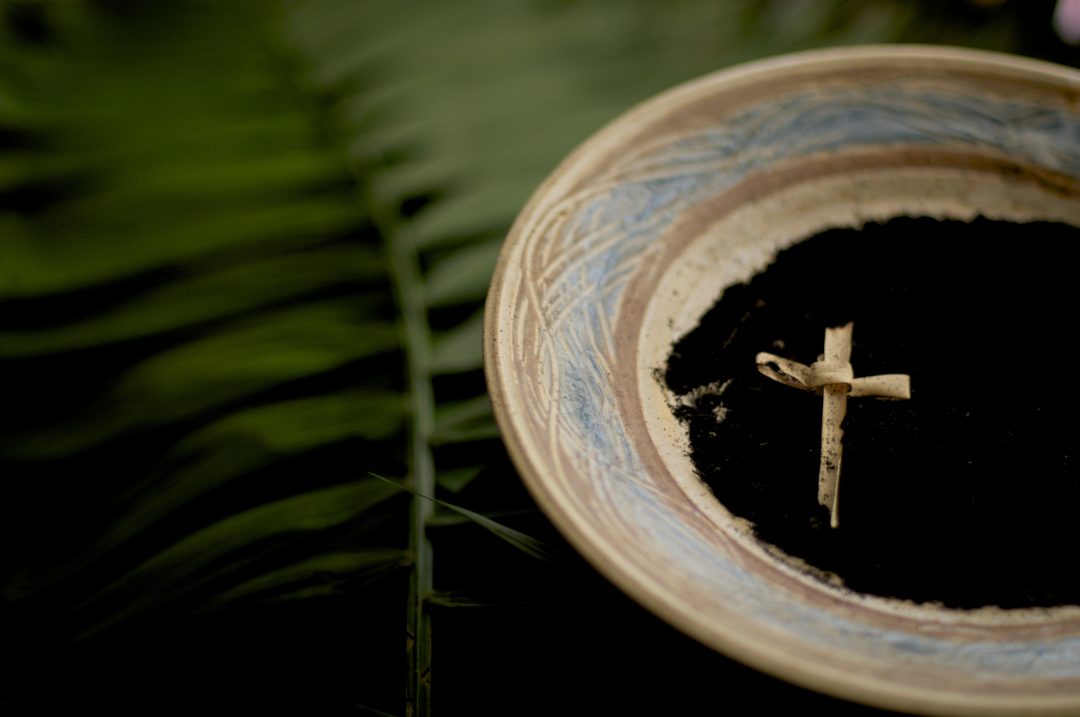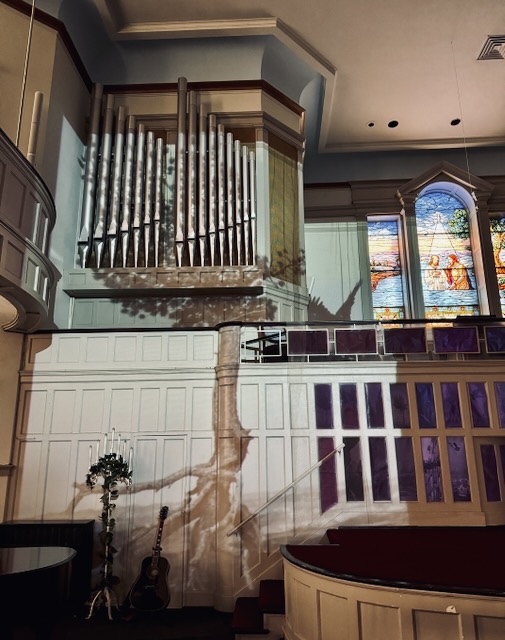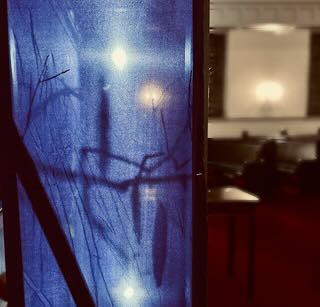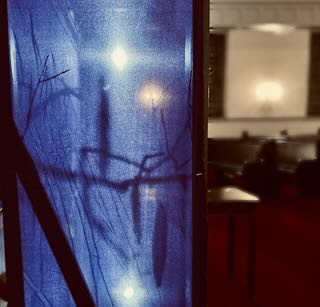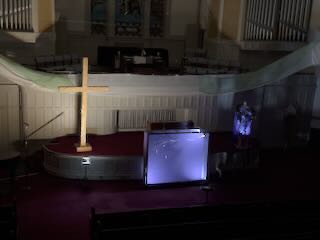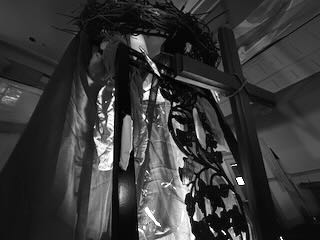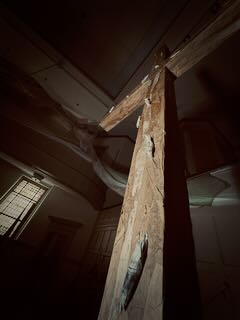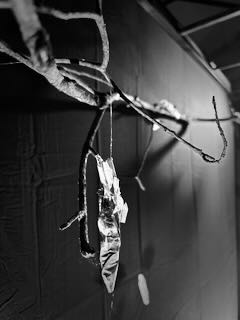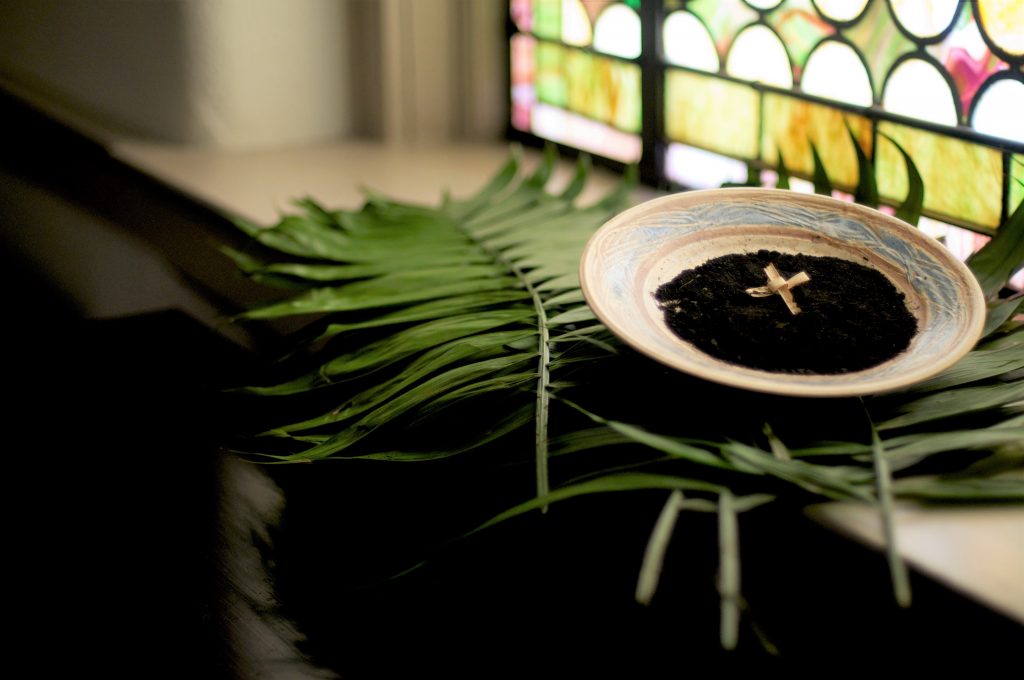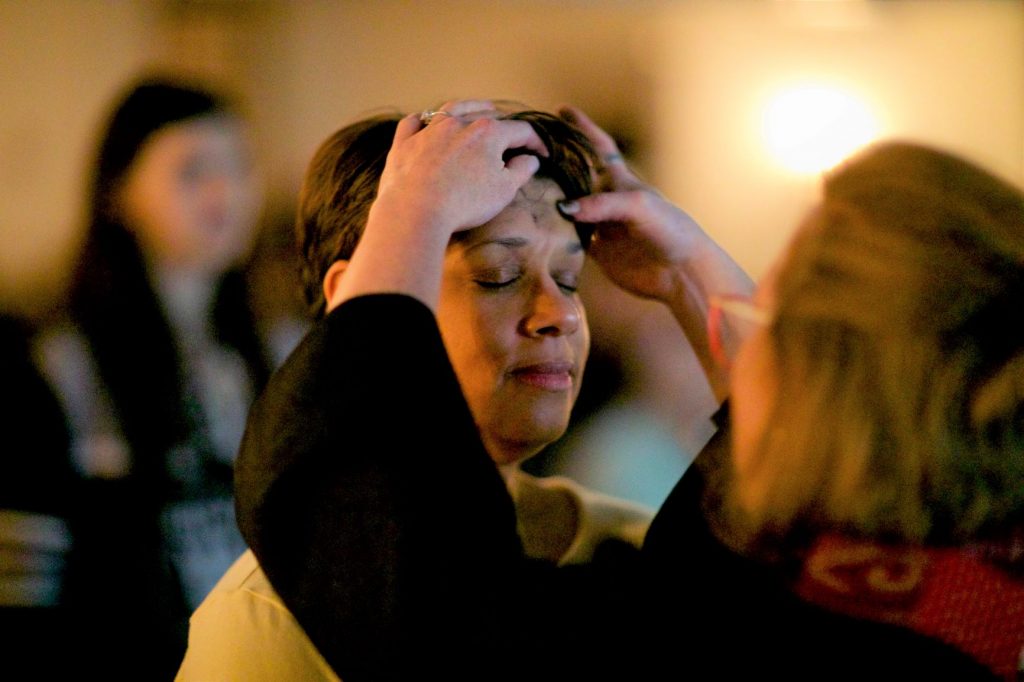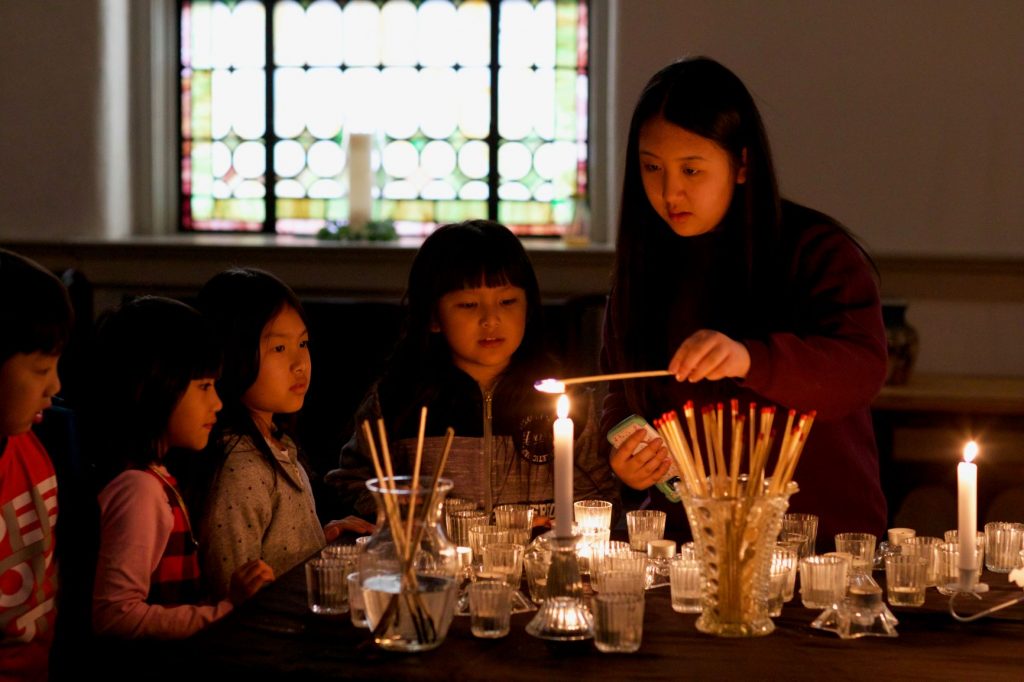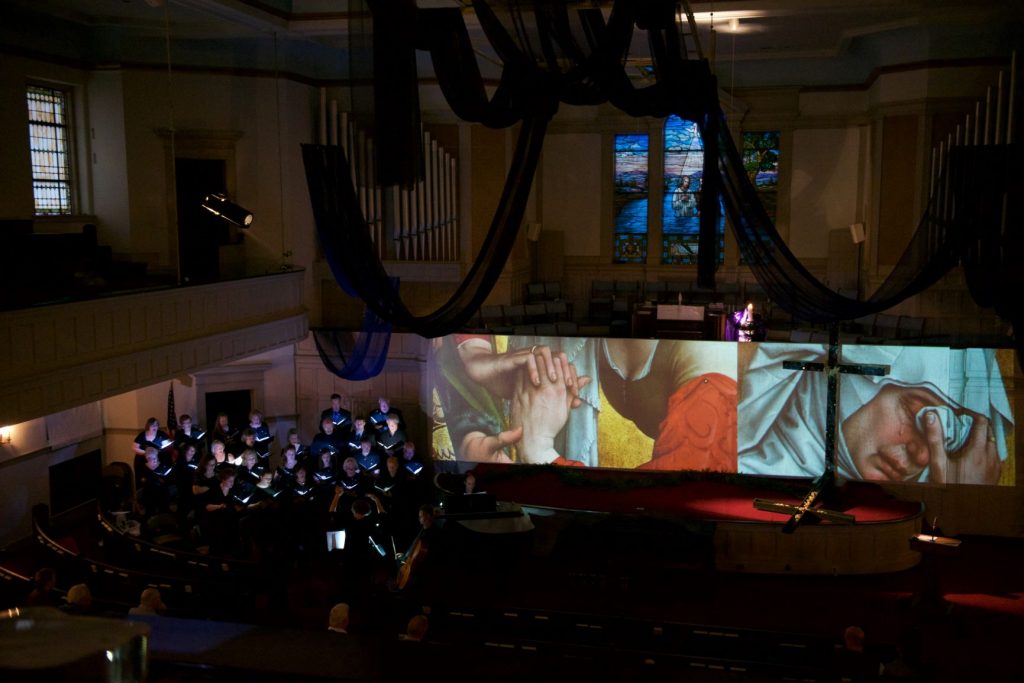March 5, 2025 Day 1, pages 1–10)
There comes a point when the running stops—not because we’ve figured things out, but because we’re too exhausted, too exasperated, too worried, to keep going. The distractions don’t work anymore. The noise dies down. The silence overwhelms. And there we are.
I can think of multiple times in my life when I’ve found myself in Sheol—that ancient word for the place of the dead, a place of silence, distance, and unknowing. A place that felt like deep absence. And while I may not know exactly what the psalmist envisioned, I know what it is to feel like I am there. Hitting bottom. The pit. The place where you stare at the ceiling at 2 a.m., wondering how you got here.
And if what those further along on this journey—the everyday saints who have walked this road before—say is true, I have every reason to believe I’ll find myself there again. The same is true for you, just as it has been—and will be—for all of us.
And every reason to believe God will meet us there also.
Josh Nadeau found himself there too. He ran, numbed himself with work, poured another drink, kept busy—until he couldn’t anymore. Then came the silence. First unbearable, then something else. Because somewhere in that silence, he began to hear it—the faint, steady presence of something deeper. The Hidden Music, playing underneath it all.
“The Hidden Music resounds, has resounded, as long as time itself, and longer, whether we have ears to hear it or not.”
– Josh Nadeau
At first, all there is is silence. Silent absence. Sheol. Then, if we sit long enough, if we resist the urge to fill the void—for a moment, for a day, maybe even for a whole season—something shifts. A presence once forgotten. A love we thought we had to chase down, only to realize it had already found us.
“If I make my bed in Sheol, you are there.”
Psalm 139:8
There is nowhere we can go to escape ourselves.
And yet—there is nowhere we can go where God does not meet us, know us, love us.
What once felt like deep absence is revealed as deep foundness.
Where can we go that we can’t find ourselves? Nowhere.
Where can we go that God won’t find us? Nowhere.
And that is where grace begins. Again. And again. And again.
And so, we enter this season—a season of resisting the urge to fill the void. A season of sitting in the silence long enough to hear what has been there all along.
__________________________________________________________
This Reflection is Part of a Lenten Journey
This Lent, we’re making space for something deeper—reading Room for Good Things to Run Wild by Josh Nadeau. No book club, no meetings—just a daily invitation to reflect, in whatever way feels right for you. You can keep your reflections private, or if you feel compelled to share, there will be a few simple ways to do so online.
Learn more, access the reading calendar, and join the journey here:
Purchase Room For Good Things to Run Wild
#Lent2025 #LentenJourney #Sheol #GraceFoundUs

